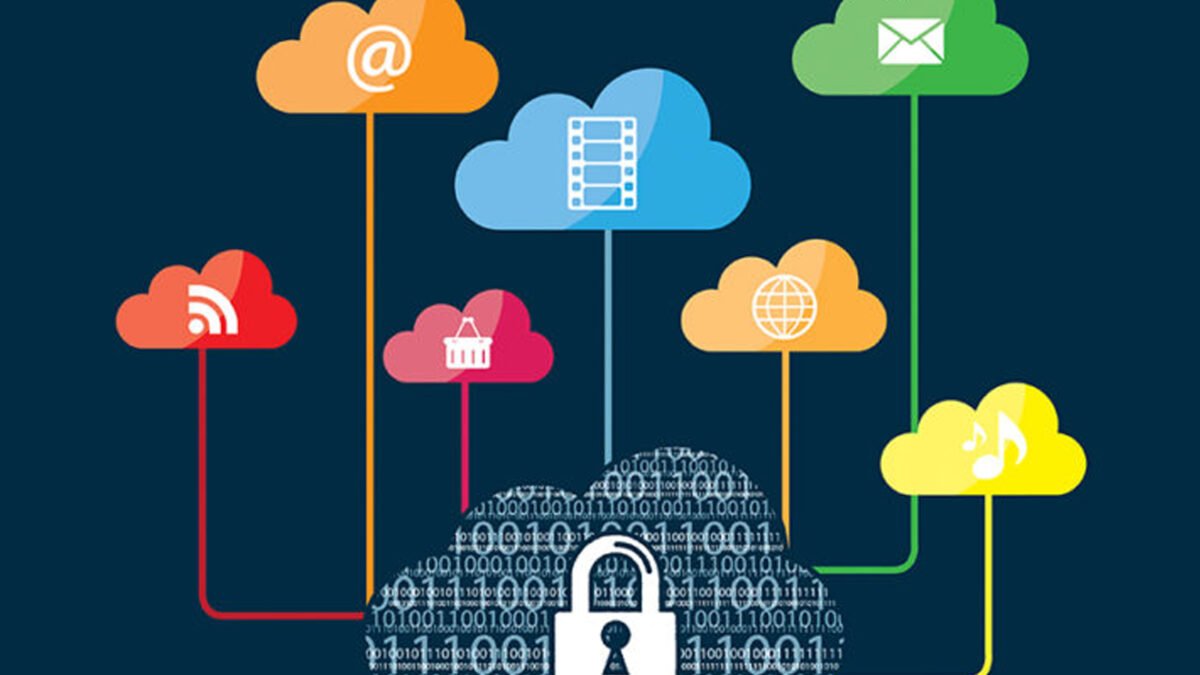
Compliance and Cyber Security: Safeguarding Your Business
May 17, 2023
Exploring the Power of Artificial Intelligence in Modern Business Operations
May 21, 2023Data security encompasses a set of practices that aim to protect digital information from unauthorized access, alteration, theft, or disclosure. It involves a range of techniques and technologies, including physical hardware security, software application safeguards, administrative controls, organizational policies, and various data security practices.
Understanding the Importance of Data Security:
Data security revolves around three key elements: availability, confidentiality, and integrity. Failing to uphold these elements can have severe consequences for organizations, particularly those handling sensitive customer information. Let’s explore some key reasons why implementing robust data security measures is vital:
- Protection of Organizational and Customer Data: Data security ensures the safeguarding of valuable trade secrets and customer information. Preventing unauthorized access by cybercriminals is essential for maintaining customer privacy and trust.
- Compliance with Regulations: Complying with industry and government regulations is crucial for businesses to operate legally. These regulations are designed to protect consumer privacy and data.
- Mitigating Legal and Reputational Risks: A data breach can expose organizations to litigation, fines, and reputational damage. Implementing effective data security measures minimizes the risk of such incidents, protecting the business from legal and financial consequences.
- Safeguarding Brand Reputation and Consumer Confidence: Data breaches can lead to financial losses, diminished consumer confidence, and erosion of brand value. Maintaining trust in the organization is vital to retain customers and prevent reputational damage.
- Preserving Intellectual Property and Innovation: Breaches that result in the loss of trade secrets and intellectual property can hinder an organization’s ability to innovate and remain profitable in the long run.
Exploring Data Security Technologies:
Various data security technologies address both external and internal threats to protect sensitive information. Organizations should employ a combination of these techniques to secure their data effectively. Here are some key technologies to consider:
- Data Encryption: Data encryption converts information into an unreadable format using algorithms. Authorized users require encryption keys to decrypt the data, ensuring confidentiality and security.
- Authentication: Authentication validates user login credentials to prevent unauthorized access. Multi-factor authentication and breached password detection enhance the security of the authentication process.
- Data Masking: Data masking obscures sensitive data by replacing certain characters with proxy characters. This technique protects personally identifiable information and allows application development using real data.
- Tokenization: Tokenization replaces data with random characters, storing the related information separately in a protected database lookup table. It provides an additional layer of security for sensitive data.
- Data Erasure: Data erasure permanently deletes data from storage devices when it is no longer needed. This ensures data irretrievability and prevents unauthorized access.
- Data Resilience: Data resilience refers to an organization’s ability to recover from data breaches, system failures, or data loss incidents. Backup solutions and recovery strategies enable businesses to bounce back quickly.
- Physical Access Controls: Physical access controls manage entry to physical areas where data is stored, such as server rooms and data centers. Measures like biometric authentication and key cards protect against unauthorized physical access.
Conclusion:
Understanding the fundamentals of data security is essential in today’s digital landscape. Implementing comprehensive data security measures protects organizations from threats, ensures regulatory compliance, and safeguards customer trust. By leveraging advanced technologies and best practices, businesses can secure their valuable digital assets and maintain a strong security posture.




